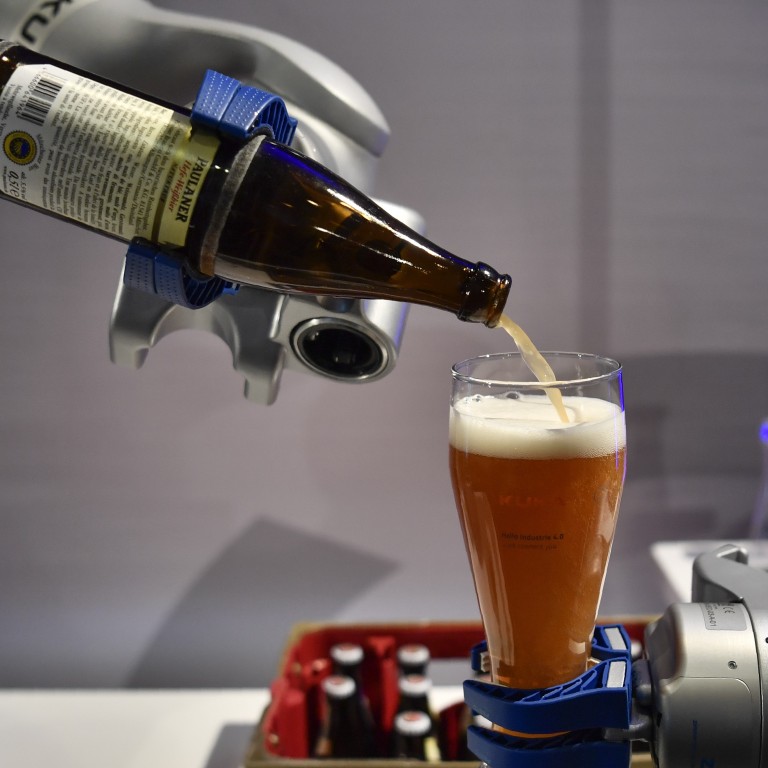
Why are robots so popular in China?
Automated assistance for an aging population
China doesn’t just have more people than any other country -- it also has more robots than anywhere else.
Why is China is so obsessed with robots? One answer is its aging population. An increase in the number of elderly people is affecting countries around the world -- but China’s problem is greater, because its population is maturing at a faster rate.
As more people retire, China’s workforce is shrinking. The only way for it to stay competitive is to fill that gap with machines. And more seniors also means more demand for health care.
That's where robots come in.

For more insights into China tech, sign up for our tech newsletters, subscribe to our Inside China Tech podcast, and download the comprehensive 2019 China Internet Report. Also roam China Tech City, an award-winning interactive digital map at our sister site Abacus.

